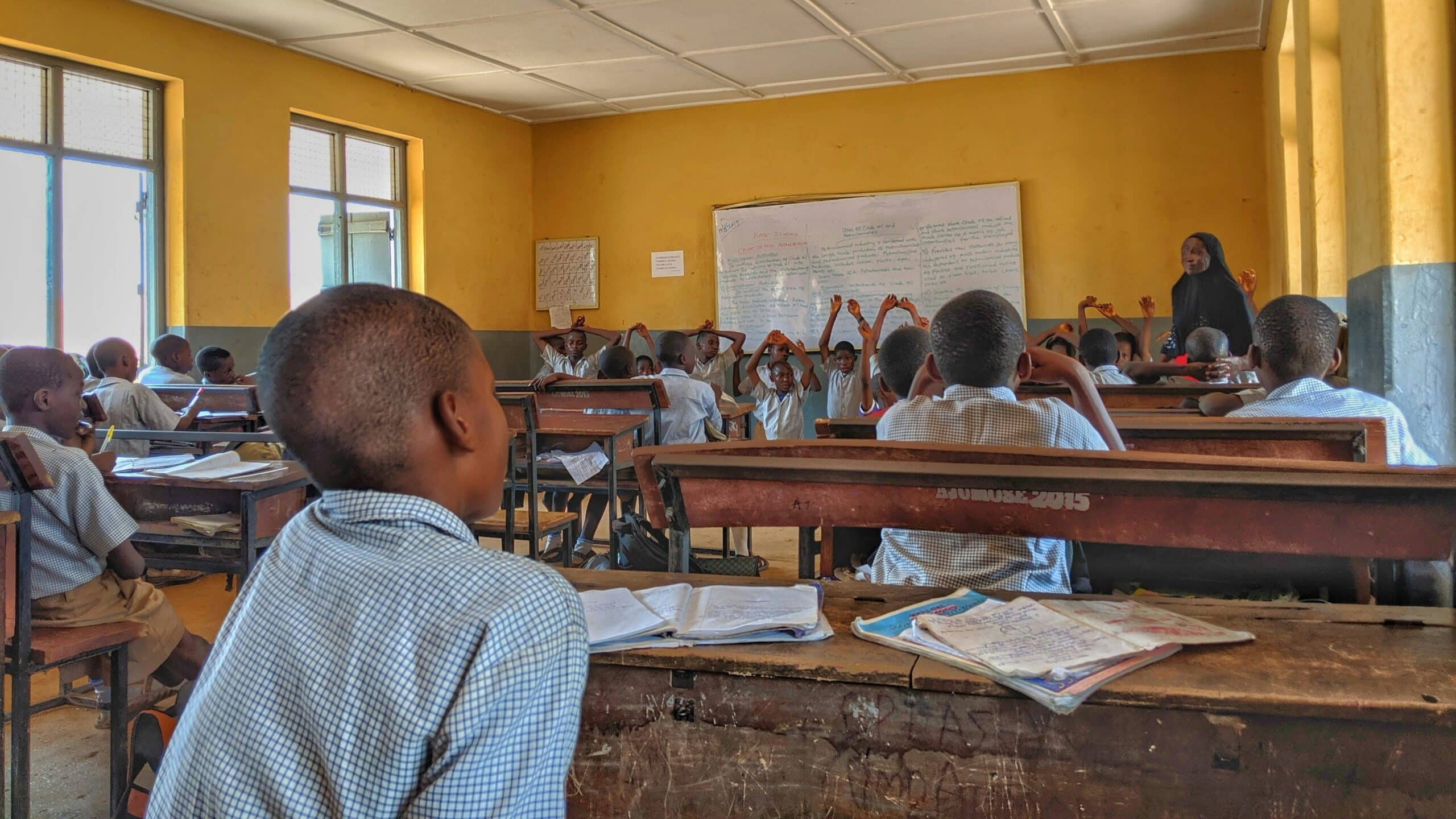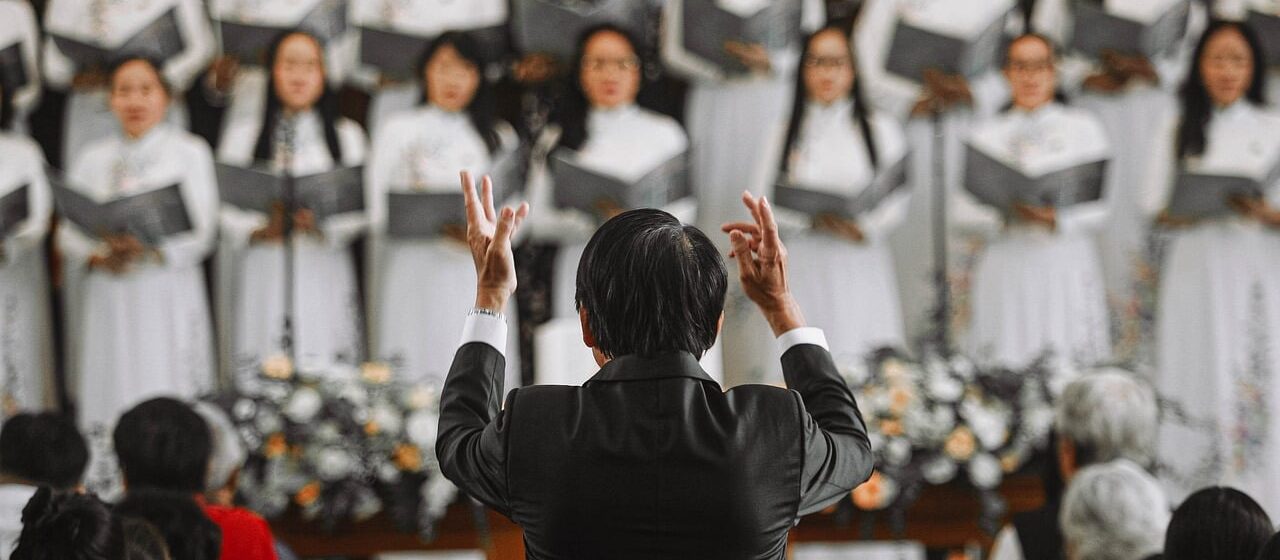The Watoto Children’s Choir has just concluded a UK tour and is currently performing across the Netherlands. For many audiences, the experience is uplifting with children singing, dancing, and sharing testimonies in what is a slick production. But behind the music and smiles lies a deeper concern that’s gaining traction among child rights experts, safeguarding professionals, and development organisations worldwide.
While performances from such children’s performance groups are presented as charitable, cultural and often religious outreach exchanges, they are raising alarm bells for how they commodify trauma, disrupt education, blur legal lines, and prop up a model of care long discredited by international standards.
It’s disheartening that children’s performance groups are popping up not only in churches, but also on TV talent shows (Ghetto Kids on Britian’s Got Talent in 2023), and even in front of royalty (Her Majesty Queen Elizabeth II Diamond Jubilee Celebration at Windsor Castle in 2012).
Isn’t it time we ask: At what cost are these songs being sung?
Children are not fundraising tools
Children’s performance groups often describe their choirs as platforms for vulnerable children to “share their stories.” Yet, these stories—curated and emotionally charged—serve one clear purpose: raising funds for a damaging model of care. While children tell their tragic stories, the more donations are likely to flow.
This approach reduces children to instruments of sympathy. Encouraging them to recount personal trauma, often repeatedly and without proper psychological support, can cause lasting harm. Rehearsed performances risk re-traumatisation, while the children’s agency and dignity are sidelined in favour of donor and congregational appeal.
Education sacrificed for entertainment
Watoto’s 2025 touring calendar includes 451 days, 358 of which overlap with Uganda’s school term. This means children are missing up to 79% of their academic year while on the road—performing in unfamiliar environments, often under high pressure. Even with travelling tutors, the educational disruption is undeniable— children are spending most of the school year performing instead of learning. It’s not just about missing lessons. Education is a right and should not be traded for applause, air miles or passport stamps.

Labour law loopholes and exploitation
From the UK to the Netherlands, both countries have strict child labour and performance licensing laws. These regulate everything from working hours and rest breaks to mandatory chaperoning and educational continuity.
Have valid performance licences been issued for each child on children’s performance tours? Are performers aged 16+ being paid as required by law? There is little public evidence to confirm that these standards are being met—and the absence of transparency points to a broader systemic issue: these children are often treated as volunteers, bypassing protections that should be non-negotiable.
Safeguarding and consent: Too many compromises
Disturbing allegations are emerging constantly from safeguarding failures within child care institutions. When children are taken abroad for months at a time, the risks only grow, with children often staying in the homes of strangers in the towns in which they perform.
Moreover, the extensive use of children’s names, images, and personal stories in promotional material raises critical consent issues. Were children and their families properly informed? Did they feel they had the right to say no?
The bigger picture: Reinforcing a broken system
Perhaps the greatest harm is how these performance groups sustain and legitimise residential institutions—despite overwhelming evidence that it is harmful. Up to 80% of children in orphanages have at least one living parent and for the remaining 20%, extended family, clan members or foster parents could be found to care for them. Their separation is often driven by poverty, social stigma, not by a lack of family.
By showcasing these children as “success stories,” performance tours mask the truth: residential institutions are outdated, ineffective, and abusive. Resources should be going to family and community care, not funding international tours that perpetuate myths.
It’s time for a new song
The Watoto Choir may be singing across Europe, but we need to start singing from a different hymn sheet—one that raises its voice for care models that protect children’s dignity, safeguard their rights to be raised in a family and prioritise their education and well-being.
This is not about vilifying choirs or stripping away children’s opportunities, in fact a local children’s choir sings at the Hope and Homes for Children annual Christmas concert. It’s about building systems where opportunities don’t come at the cost of safety, well-being, and truth.
Let’s stop romanticising what looks like empowerment and start dismantling what we know is exploitation.
With contributions from Michelle Oliel and Charlotte Simons.

